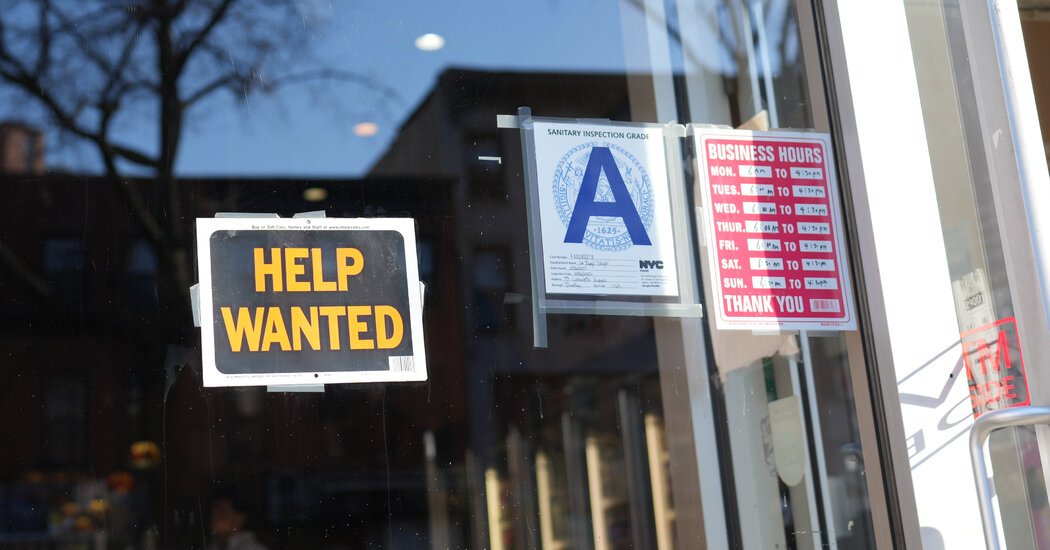The Numbers
Walmart said its comparable store sales were up 4 percent in the three months that ended in late January compared with the year before. The number of transactions at Walmart rose 4.3 percent, but the average ticket price slightly decreased 0.3 percent, a sign that shoppers spent a little less on shopping trips.
The retailer’s online U.S. sales increased 17 percent, and its online global sales jumped 23 percent, surpassing $100 billion. Losses for the e-commerce business were slowing as the company spent less on fulfillment costs, John David Rainey, Walmart’s chief financial officer, said in an interview. He added that more customers were using Walmart’s delivery services, helping to reduce costs.
“Instead of a Walmart delivery being delivered to one house on a cul-de-sac, now we’re dropping it off at two or three houses from that cul-de-sac,” Mr. Rainey said.
At the same time, he added, U.S. shoppers were pulling back on discretionary purchases, like computers, TVs and other electronics. “Those are the parts of our business where we see less sales growth versus some of the more everyday essentials,” he said.
The Bigger Picture
Walmart is one of the first major retailers to report fourth-quarter earnings. Companies including Target, Macy’s and Kroger will do so in the coming weeks.
Many retailers, including Walmart, focused on value last year as the economy cooled and shoppers became more selective. Walmart’s sizable grocery business and emphasis on low prices helped insulate it from the sales declines that other retailers reported. The company said on Tuesday that its strong comparable sales were underpinned by sales in its food business.
“In food, prices are lower than a year ago in places like eggs, apples and deli snacks, but higher in other places like asparagus and blackberries,” Doug McMillon, Walmart’s chief executive, said during an earnings call on Tuesday.









